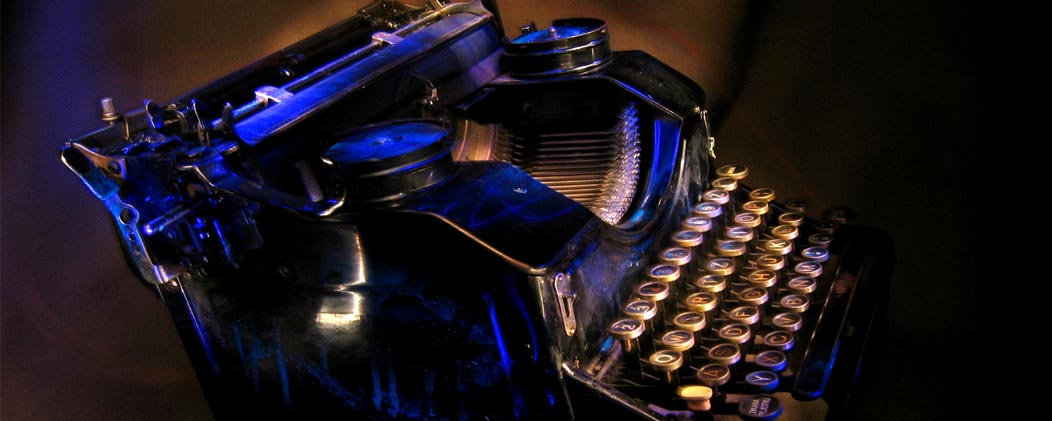If millennials are the “me” generation — complacent narcissists raised by TV, video games, and hardworking baby boomer parents with extra money to spend — then generation Z is surely the “meta-me” generation.
Millennials are indeed, as a group, self-obsessed. We went through our teenage years and early adulthood with things like MySpace or Facebook, a means by which we could present ourselves to the world, to feel important about the minutia of our days, and sharing photos that make our lives look like an endless series of parties, sunsets and blackout nights in bars.
While this can all be rather annoying, this existed, for the most part, as a way for us to sit down behind our family computer — or laptop, if they were lucky — and search out our friends’ social media pages. When I first created a Facebook page, I didn’t even own a cell phone. I finally bought a flip phone that I used for texts, calls, and playing that snake game.
What the current young generation is experiencing is a perfect storm of smartphone technology: internet access, and the rise of the popularity of apps that let you instantly create and share relatively useless content with friends and followers.
The latest of these apps to catch fire is Musical.ly, a lip-syncing, video sharing platform that was recently valued at $500 million. Some are wondering if it’s the next Snapchat,–– and with customizable videos that young users go crazy for, it’s hard to disagree.
Where Musical.ly diverges from Snapchat is in user challenges. This makes it arguably a more interactive app, existing as a platform for users to send photos and short videos meant for a single viewing. While Musical.ly currently boasts more bells and whistles, Snapchat seems to suggest more staying power because of the everyday nature — and R rated underbelly — of users’ posts.
At this point in time, every app is the next big app…until it’s not.
Impressive user numbers and valuations don’t necessarily equal staying power. Previous “it” app Vine is losing users to Snapchat. While Dubsmash’s 15 minutes of fame are over thanks to Musical.ly.
It’s a harsh world where technologies are rapidly evolving and user loyalty is almost nonexistent.
While it’s true that any app could potentially be the next Facebook — a social media platform that found its footing among college students and went on to be one of the most popular websites in the world — it’s more likely that a new platform that becomes popular will be on the level of a Vine, Dubsmash, or MySpace.
The difference with Facebook is that it brought something previously unseen, and useful, into people’s lives. While Musical.ly may be offering up something slightly novel, it’s staying power will likely be as long-lasting as the attention of the generation currently enamoured by it.


